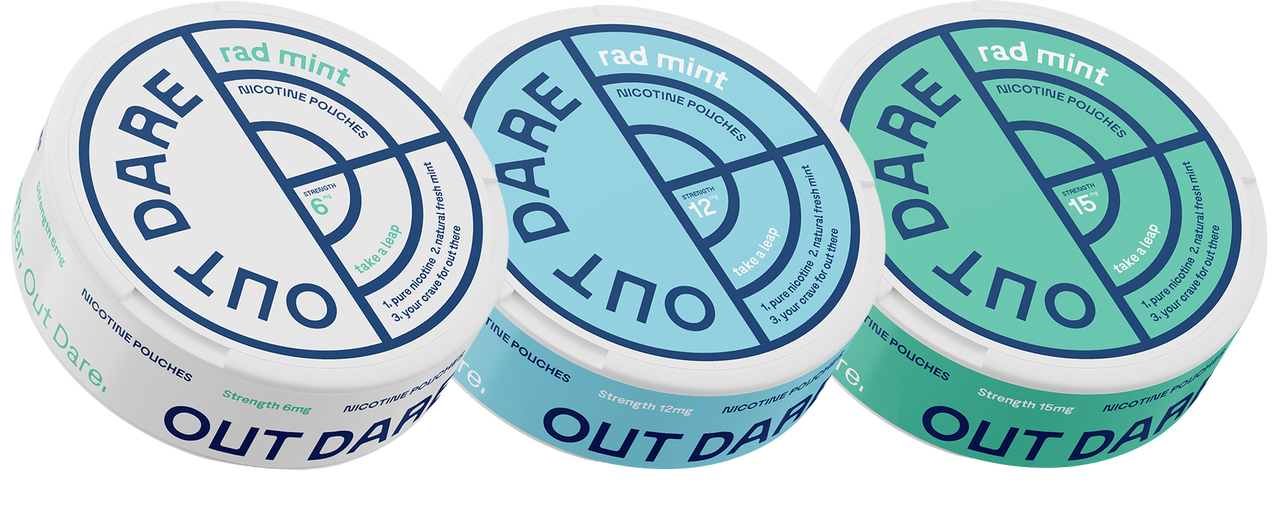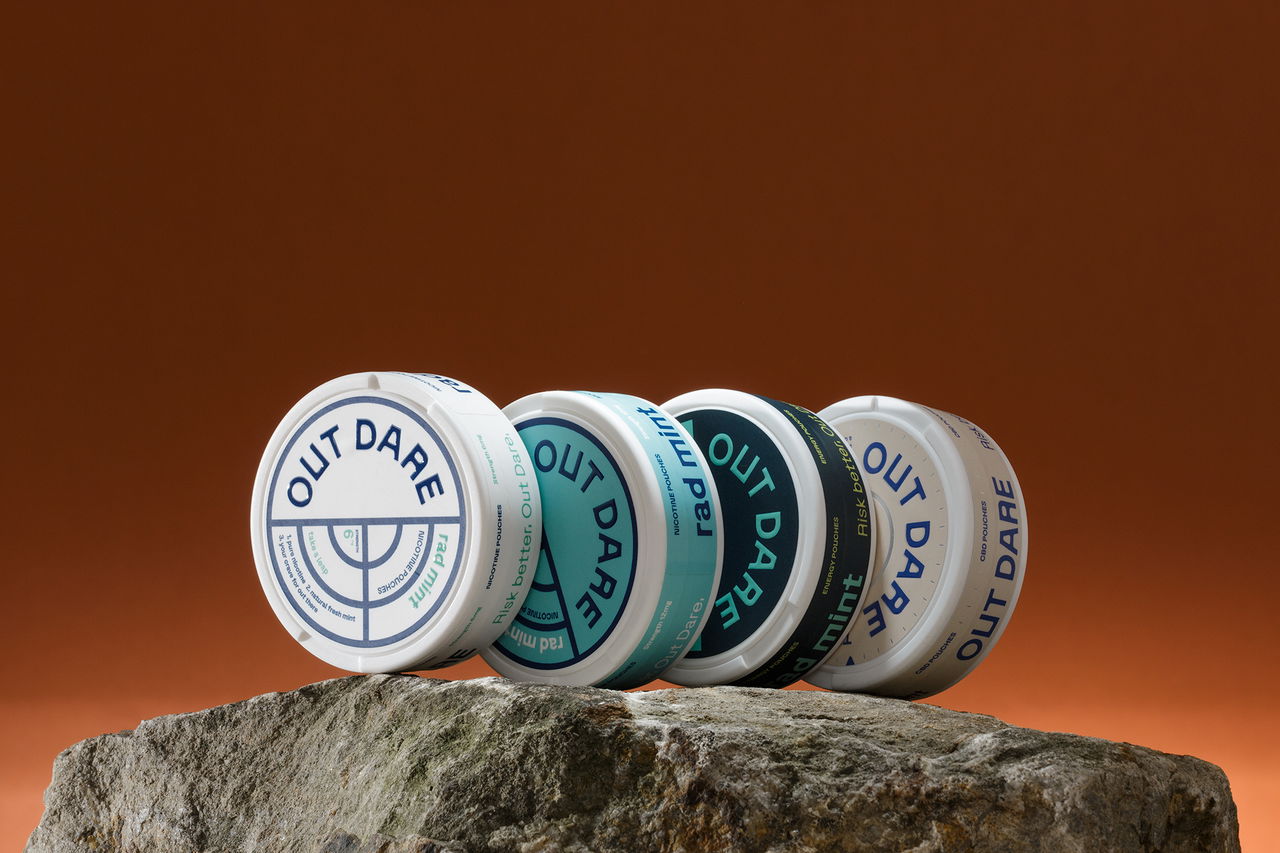
Nicotine in a Drug Test: How Long Does Nicotine Stay in Your System?

Written by
Published
Fri, 07/11/2025
This article provides a comprehensive overview of how long nicotine remains detectable in the body and how it is detected through various drug tests. Understanding the detection windows and factors influencing nicotine levels can be crucial for those undergoing testing or seeking to quit smoking.
Understanding Nicotine and Its Effects
What is Nicotine?
Nicotine is a highly addictive chemical compound found in tobacco and nicotine products. It acts as a stimulant, affecting the brain and nervous system. Exposure to nicotine occurs primarily through smoking cigarettes, vaping, and using nicotine replacement therapies such as nicotine gum or patches. Understanding what nicotine is, is fundamental to grasping how it affects the body and how it is metabolized for a nicotine test.
How Nicotine Affects the Body
When someone is using nicotine, it is quickly absorbed into the bloodstream, affecting various bodily functions. Nicotine stimulates the release of adrenaline, increasing heart rate and blood pressure. It also impacts the brain's reward system, leading to addiction. The amount of nicotine that stays in your system varies, influencing how long nicotine stays detectable. It also causes the release of dopamine, which reinforces the nicotine-using behavior.
Nicotine Use and Vaping
Vaping has become a common method of nicotine use, particularly among younger individuals. Vaping shows a different pattern of nicotine exposure compared to traditional cigarettes. The level of nicotine in vaping products can vary, affecting how much nicotine builds up in a person's system. Because of this difference in delivery of nicotine, it can affect test results when you take a nicotine test. Nicotine metabolites are tested to determine if someone is vaping.
Duration of Nicotine in Your System
How Long Does Nicotine Stay in Your System?
Nicotine testing can detect substance use, but the detection window varies. Here's a general guideline:
Substance
Nicotine
Cotinine (Nicotine Metabolite)
Typical Detection Window
1 to 3 days in blood
Up to 10 days
However, these detection windows can vary based on individual factors and the type of test used. Understanding these timelines is crucial for interpreting a nicotine test result.
Factors Influencing Nicotine Clearance
Several factors influence how quickly your body can clear nicotine. Metabolic rate, age, and overall health play significant roles. For example, individuals with faster metabolisms may clear nicotine differently than those with slower metabolisms. Similarly, kidney and liver function can affect how efficiently nicotine metabolites, like cotinine, are processed. The amount of nicotine from tobacco and nicotine products the person’s system has also matters. These factors affect how long nicotine stays in your system.
Traces of Nicotine: What Tests Look For
Drug tests don't directly test for nicotine, but they test for its metabolites, primarily cotinine. Cotinine has a longer half-life than nicotine, making it a more reliable marker for nicotine use. Depending on the type of test, such as a urine test or saliva test, the detection window for cotinine can vary. Knowing what a nicotine test looks for helps individuals understand the potential test results and plan accordingly, whether for employment screenings or health assessments. Nicotine use or nicotine exposure can be determined.
Types of Nicotine Tests
Urine Tests for Nicotine
A urine drug test can detect cotinine, a metabolite of nicotine, for a specific duration after nicotine exposure. This test is favored due to its affordability and ease of administration. If you quit smoking, a urine test can determine nicotine use.
Test Characteristic
Detection Window for Cotinine
Advantages
Details
7 to 10 days after last nicotine exposure
Inexpensive and Non-invasive
Saliva Tests: How They Work
Saliva tests are an option for nicotine testing, offering ease of administration and quick results, making them suitable for on-the-spot screenings. However, they are less sensitive and may not detect low levels of nicotine.
Detected Substance
Nicotine and Cotinine
Detection Window
1 to 3 days after last use
Cotinine Tests: Understanding the Difference
A cotinine test specifically measures the levels of cotinine, a primary metabolite of nicotine, in the body. Unlike tests that directly measure nicotine, cotinine tests provide a longer detection window, typically up to several days or even weeks, depending on the sample type (urine, blood, or hair). Cotinine tests are valuable to test for nicotine and for assessing the extent and duration of nicotine exposure. The nicotine and cotinine test will help you find the exact amount of nicotine.
Interpreting Test Results
What Do Nicotine Test Results Indicate?
A positive result typically means that nicotine or its metabolites are present above a certain threshold. The amount of nicotine or, more commonly, cotinine (a metabolite of nicotine) detected can reveal the extent of the person's system's exposure to nicotine. Nicotine stays in your system differently for each person. If you're trying to clear nicotine from your system, understanding these results is crucial.
Clear Nicotine vs. Detection
The ability to clear nicotine from your system varies among individuals. Factors such as metabolic rate, kidney function, and liver function influence how quickly nicotine metabolites, like cotinine, are processed and eliminated. The type of nicotine test also matters; urine tests, saliva tests, and hair tests have different detection windows. For example, a urine test may detect cotinine for up to 7-10 days, while a saliva test might only detect nicotine or cotinine for 1-3 days. If you’re trying to quit smoking, then you’ll have to clear nicotine.
Using a Drug Test Kit for Nicotine Detection
For individuals curious about their nicotine levels, a drug test kit can offer a convenient way to test for nicotine in the privacy of their home. These test kits commonly use urine or saliva samples to detect nicotine and cotinine. When using a drug test kit, it's essential to follow the instructions carefully to ensure accurate test results. Keep in mind that these home tests may not be as sensitive or accurate as laboratory tests, but they can provide a general indication of nicotine or cotinine levels. There are a lot of options to test for nicotine.
Implications of Nicotine Testing
Nicotine Replacement Therapies and Testing
NRTs deliver nicotine without tobacco and nicotine products, and the amount of nicotine can be enough to trigger a positive result on a drug test. If you are using nicotine replacement therapies and must undergo a nicotine test, it's important to inform the testing facility. If you're going to take a nicotine test and you are using nicotine replacement therapy, you must tell them. Testing for nicotine can vary based on if you’re using nicotine replacement therapies.
Quit Smoking: Navigating Drug Tests
For individuals trying to quit smoking, navigating nicotine testing can be challenging. Understanding how long nicotine stays in your system and the detection windows of various tests is crucial. If you are facing a drug test, consider the timing of your last nicotine use and the type of test being administered. Choosing nicotine replacement therapies might help you quit smoking, but be aware of their potential impact on test results. The amount of nicotine can be different for each nicotine product.
Legal and Employment Considerations
Some employers have policies against nicotine use, particularly in safety-sensitive positions. In some cases, health insurance companies may require nicotine testing as part of wellness programs. Understanding your rights and obligations regarding nicotine testing is essential. Nicotine testing is very common when it comes to employment considerations. The nicotine or cotinine test will help you understand if you have nicotine exposure. Vaping shows if you’re using nicotine. Nicotine stays in your system depending on how exposed to nicotine you are.




